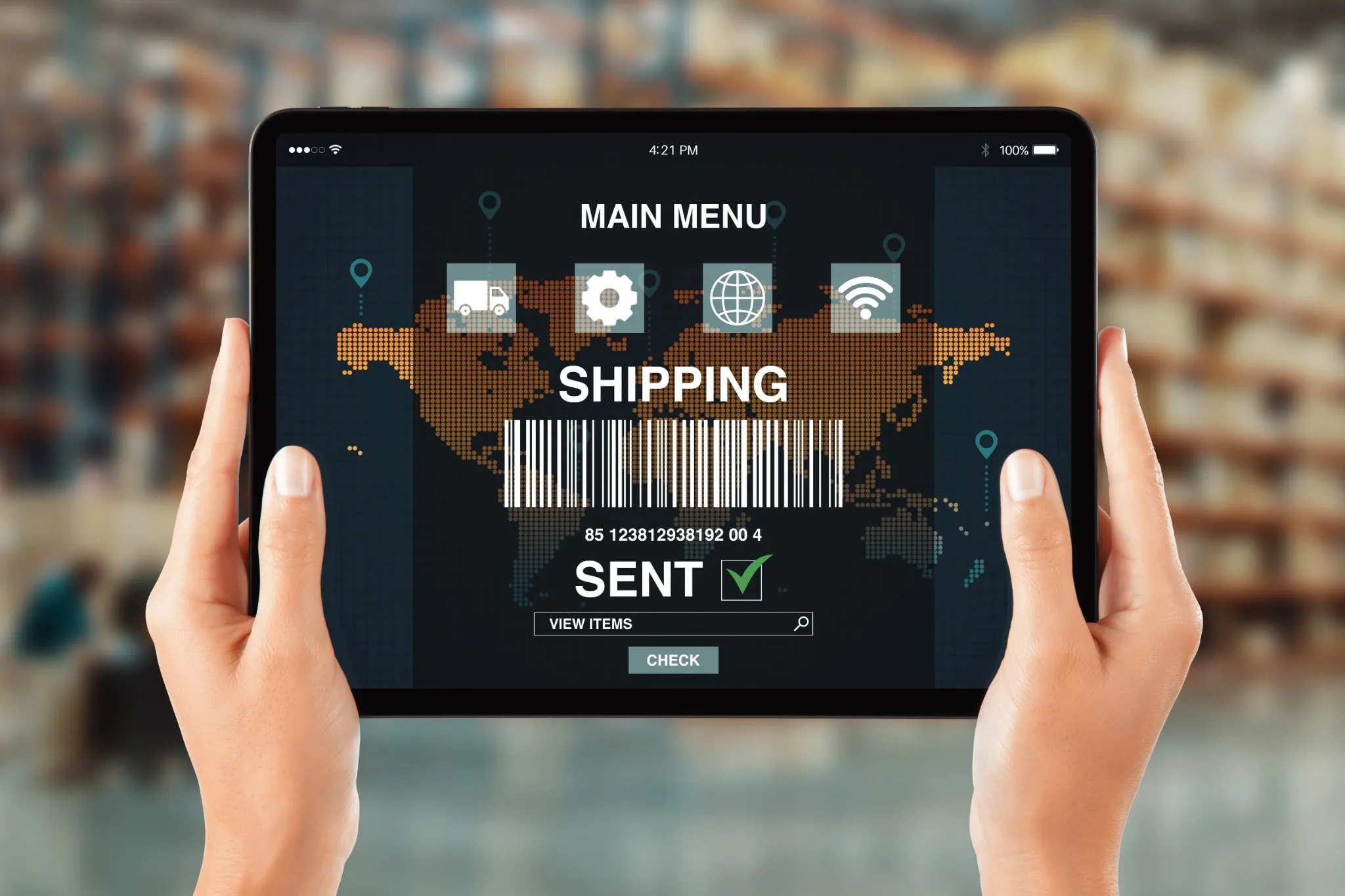Executive Summary
Radio Frequency Identification (RFID) has rapidly evolved from a niche technology to a powerful enabler of supply chain efficiency, visibility, and agility. As the pace of RFID innovation accelerates, businesses of all sizes are feeling the pressure to adopt or optimize RFID solutions, or risk being left behind. However, successful implementation requires more than just buying hardware or tagging inventory. Navigating the complex landscape of RFID standards, infrastructure, data integration, and change management calls for expert guidance.
This whitepaper explores why strategic, expert-led support is essential for businesses considering RFID and how the right guidance helps avoid costly missteps while ensuring maximum return on investment.
RFID in Today’s Supply Chain: A Rapidly Shifting Landscape
Once reserved for high-budget operations, RFID has become more accessible and scalable, driven by cost reductions, improved hardware, and the need for real-time data. It is no longer just a tool for inventory control, it is a catalyst for broader supply chain transformation.
- Increased adoption: Retailers, manufacturers, logistics providers, and even small businesses are using RFID to track assets, streamline warehouse operations, and improve customer experiences.
- Tech evolution: With the introduction of ultra-high frequency (UHF) tags, cloud-based RFID platforms, and integrations with IoT and AI, today’s RFID systems offer deeper analytics and smarter automation.
- Regulatory and partner requirements: More large retailers and global partners now mandate RFID tagging, pushing suppliers to act quickly and efficiently.
However, with this rapid evolution comes complexity. There is no one-size-fits-all approach, and businesses must determine the right use cases, technologies, and implementation strategies to ensure success.
The Pitfalls of Going It Alone
Many companies rush into RFID without a clear roadmap, resulting in:
- Misaligned hardware/software choices
- Integration issues with ERP/WMS systems
- Data overload without actionable insights
- Poor tag performance due to materials or environment
- Resistance from operations teams due to unclear change management
The consequence? Wasted spend, stalled rollouts, and unrealized potential.
Why Expert Guidance Makes the Difference
An experienced partner provides the strategic insight, technical knowledge, and change management expertise needed to maximize the value of RFID across your supply chain.
1. Start with a Smart, Structured Roadmap
Designing a successful RFID roadmap begins with a well-organized, end-to-end assessment of your business environment - studying physical workflows, evaluating existing infrastructure, and aligning technology choices with your operational goals and broader business strategy. A thorough upfront analysis ensures RFID is not simply layered on top of existing processes but integrated in a way that drives real, measurable outcomes.
2. Tailored Solution Design
Experts assess your specific business processes, facility layout, and data needs to develop a customized RFID strategy, ensuring alignment with both short-term goals and long-term digital transformation plans.
3. Vendor and Technology Selection
There are hundreds of RFID readers, tags, and software platforms on the market. Advisors help you cut through the noise and choose the components that best fit your use case, performance requirements, and budget.
4. Integration with Existing Systems
Seamlessly connecting RFID data to your ERP, WMS, or TMS systems is critical. Experts facilitate smooth integration, enabling real-time data flow and automation across your supply chain.
5. Change Management and Training
RFID touches every part of your operations - from receiving to shipping. A knowledgeable partner helps manage stakeholder buy-in, redesign workflows, and train teams to ensure adoption and long-term success.
6. Futureproofing and Scalability
As RFID evolves, so will your needs. Expert guidance ensures your solution can scale with business growth and adapt to new technologies or partner requirements.
Considerations for an Effective RFID Strategy
Here are some key categories and questions to guide an effective RFID plan, especially when considering shipping, inventory, and logistics applications:
- Strategic and Business Questions What are the core business objectives for implementing RFID? Are you solving for inventory accuracy, real-time visibility, or compliance?
- Technical and Infrastructure What systems are in place today? Can they support RFID integration? What environmental factors (e.g., metal surfaces, interference) may affect tag and reader performance?
- Operational and Process Questions How will RFID change existing workflows? Where can automation reduce manual tasks? How will this impact labor and productivity?
- Data, Security, and Privacy Questions How is RFID data captured, stored, and shared? What security protocols are in place to protect sensitive information?
- Organizational and Change Management Questions Who needs to be involved for successful adoption? What training is required? How do you manage resistance to change?
- Scalability and Future Planning Can the solution grow with your business? Will it adapt to evolving technologies, markets, and customer requirements?
By answering these questions early in the process, businesses can avoid costly detours and are better positioned for long-term success.
RFID Strategy is No Longer Optional
From small businesses to global enterprises, the shift toward RFID is accelerating rapidly. Whether driven by competitive pressure, customer mandates, or internal efficiency goals, the time to act is now. But implementation without expertise can lead to misalignment, cost overruns, and missed opportunities.
Choosing the right guidance, from initial assessment to deployment and beyond, makes the difference between an RFID initiative that simply tracks items and one that transforms your entire supply chain.
Conclusion
RFID can unlock transformative value, but only with the right strategy, support, and execution. Working with experienced supply chain consultants ensures your investment is built on a solid foundation, driving visibility, agility, and competitiveness in an increasingly data-driven world.
About the Author

Ruben Leyvas
UPS Customer Solutions | RFID & Technology Manager
With over 30 decades working in Supply Chain Technology, Ruben has extensive experience designing and delivering technology-driven logistics solutions, specializing in bridging IT innovation with operational excellence to transform supply chains. His work spans from RFID-enabled track-and-trace systems to fully automated dark distribution centers, helping companies scale operations, improve visibility, and compete on a global stage. Partnering with forward-thinking organizations, Ruben is passionate about developing scalable, future-ready solutions that reduce costs, enhance customer experiences, and position businesses for long-term success.
 Customer
Customer 



